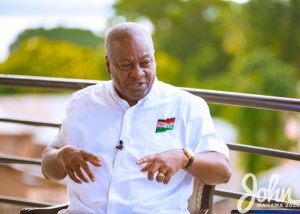
Following John Dramani Mahama’s victory in the 2024 general election, Ghanaians are keenly awaiting the announcement of his ministerial appointments.
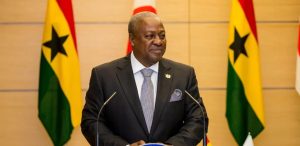
One of the most anticipated is the occupant of the Sports Minister stool.
That role will be critical in reversing the downward trend of Ghana sports.
Obviously, the occupant will inherit a sector plagued by underperformance and mismanagement.
Ghana’s sports landscape is currently at its lowest point.
The Black Stars’ failure to qualify for the 2025 Africa Cup of Nations (AFCON) in Morocco has been a bitter pill for many Ghanaians, especially considering the country’s rich football history.
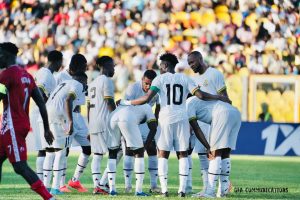
Once a powerhouse of African football, Ghana’s inability to secure a spot in Africa’s most prestigious tournament reflects deeper systemic issues within football management.
Adding to the nation’s woes, Ghana’s performance at the 2024 Paris Olympics was woeful.
Despite the hope and hype for the Games, Ghana returned without a single medal.
The lack of preparation and direction that led to Ghana’s poor showing at the Games further underscores the deficiencies in leadership.
Failure to provide athletes with adequate training, exposure to international competition, and logistical support was evident and symptomatic of the larger issues plaguing Ghanaian sports.
Domestically, the Ghana Premier League is struggling with low attendance, inadequate sponsorship, and substandard infrastructure.
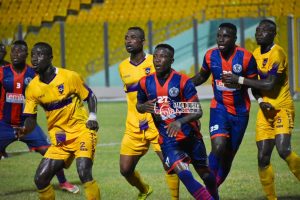
Athletes in other disciplines like athletics, basketball, and boxing grapple with limited funding and a lack of structured development programmes.
The stalled construction of five multi-purpose youth resource centres under the outgoing NPP administration is another glaring example of how inadequate infrastructure has stifled sports development.
These projects, which were meant to promote grassroots sports and provide opportunities for youth engagement across the country, remain incomplete, leaving communities underserved and athletes without the necessary facilities to train and excel.
A significant contributor to Ghana’s sports decline is the poor leadership exhibited by the Ghana Football Association (GFA) and the outgoing Sports Minister, Mustapha Ussif.
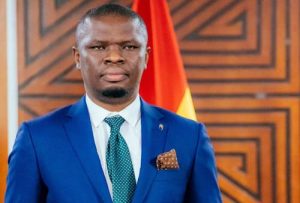
Allegations of mismanagement, lack of transparency, and ineffective decision-making have plagued the GFA, resulting in declining performances across national teams and the domestic league.
The current Sports Minister, Mustapha Ussif, has faced criticism for failing to hold the GFA accountable and for not championing policies to improve the state of sports in Ghana.
The incoming Sports Minister has a monumental task ahead.
Ghanaians need a minister who will demand accountability from sports associations, particularly the GFA.
There must be clear mechanisms to track the allocation and utilisation of funds, ensure transparency in decision-making, and enforce good governance practices.
The new minister must prioritise reforms, including introducing policies to revamp talent scouting and implementing a robust grassroots programme to develop young players.
Preparing athletes for international competitions requires long-term planning, investment in modern training facilities, and access to top-tier coaching.
Structured programmes for identifying and nurturing talent in boxing, athletics, and other Olympic disciplines are crucial to ensuring Ghana’s competitiveness on the world stage.
While football often dominates the spotlight, the new minister must ensure adequate investment in other sports. Reviving athletics, boxing, and basketball should be part of a broader national sports agenda.
Ghana has great potential in these areas, but the lack of support has stifled growth.
One of the first tasks for the new Sports Minister should be reviving and completing the construction of the ten multi-purpose youth resource centres, which have stalled under the current NPP government.

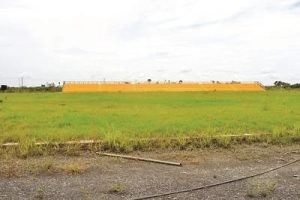
These centres were designed to provide modern facilities for sports, youth training, and community engagement. Their completion would not only boost grassroots sports but also create avenues for employment and youth development.
The sports ministry can not operate effectively without active private-sector engagement.
The incoming minister should prioritise partnerships with corporate organisations to provide funding and sponsorship for various sports initiatives.
Tax incentives and other benefits could encourage private companies to invest in sports development.
Perhaps most importantly, the next Sports Minister must restore public confidence in the ministry’s ability to deliver results.
This will require open communication with stakeholders, frequent engagement with fans, and visible action to address longstanding challenges.
Sports in Ghana is more than entertainment; it is a source of national pride and a unifying force.
The new Sports Minister must approach the role with urgency, innovation, and a genuine commitment to excellence.
Ghanaians are looking for a leader who will rise to the occasion, break away from the cycle of mediocrity, and set the country on a path to reclaim its rightful place as a sporting giant.
The task may be daunting, but with the right vision and execution, 2025 could begin a new chapter for Ghanaian sports.
Ghanaians are watching, and expectations are high.
It is time for real change

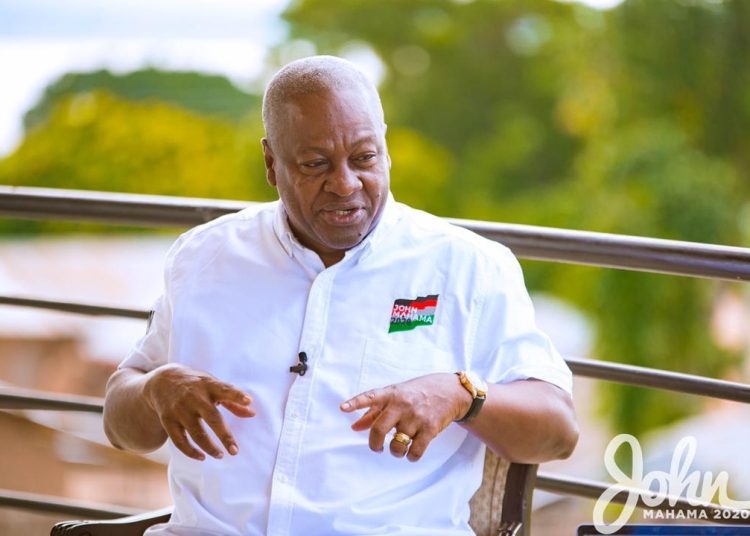








Leave a Comment